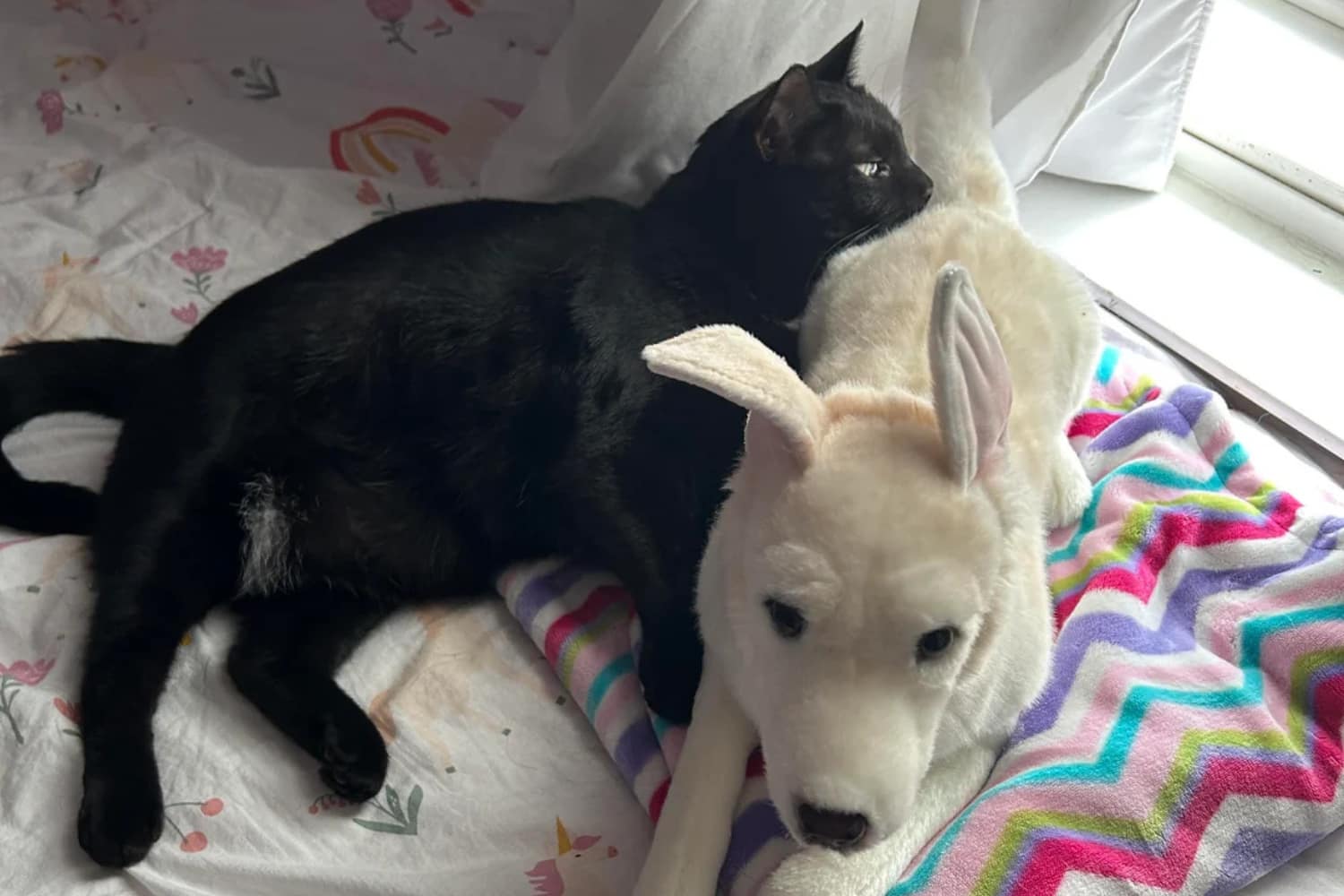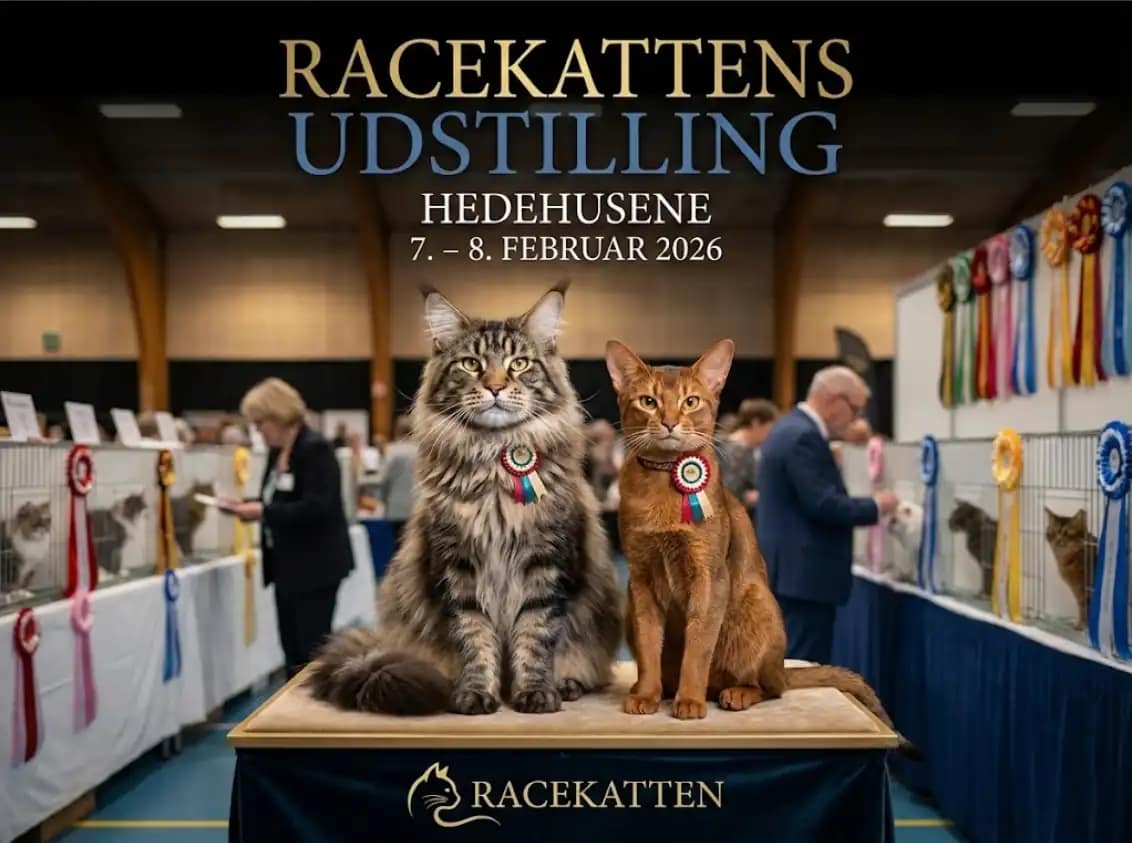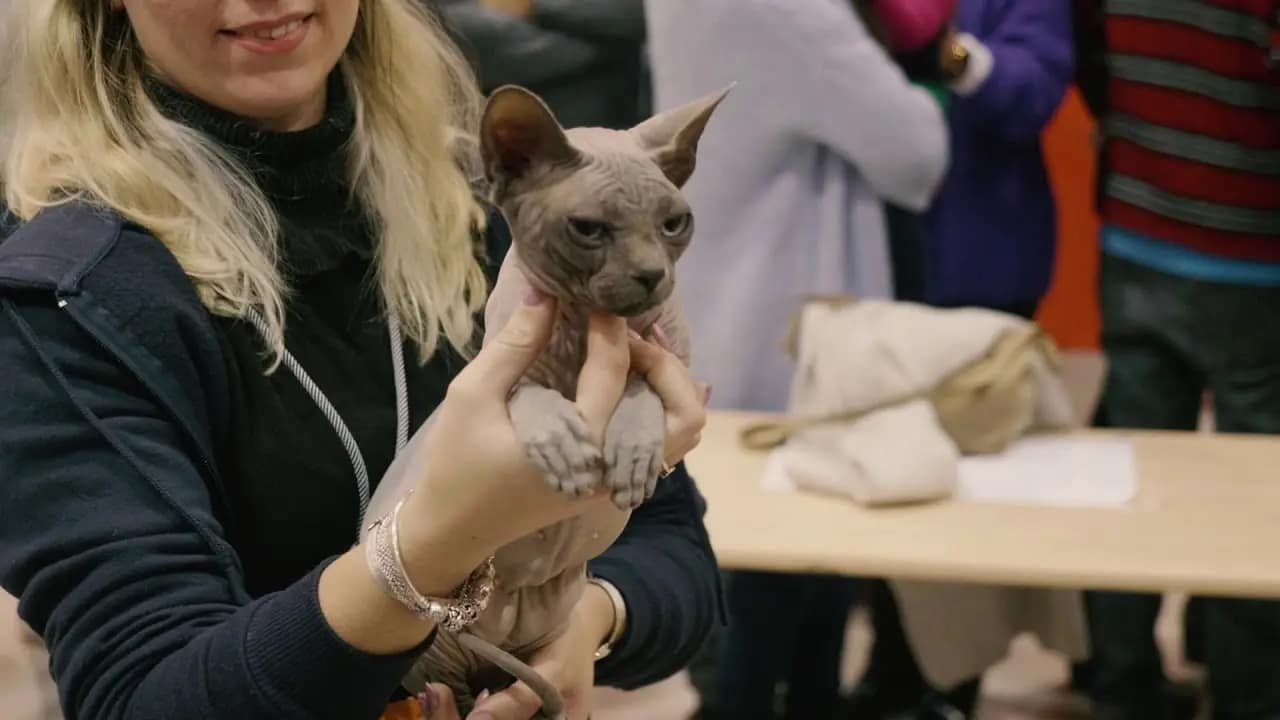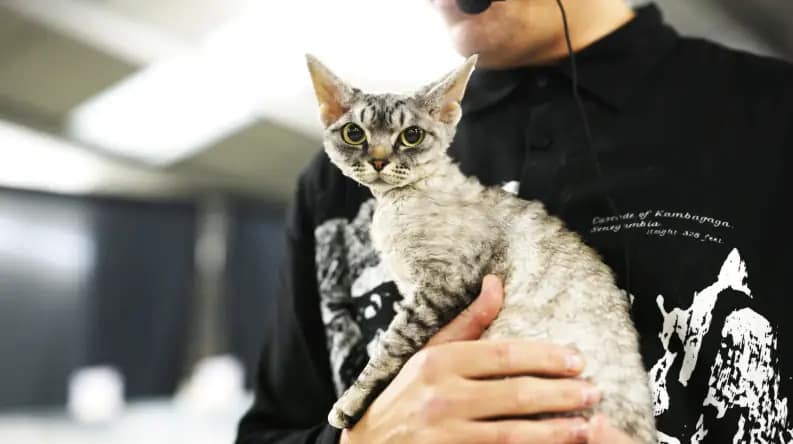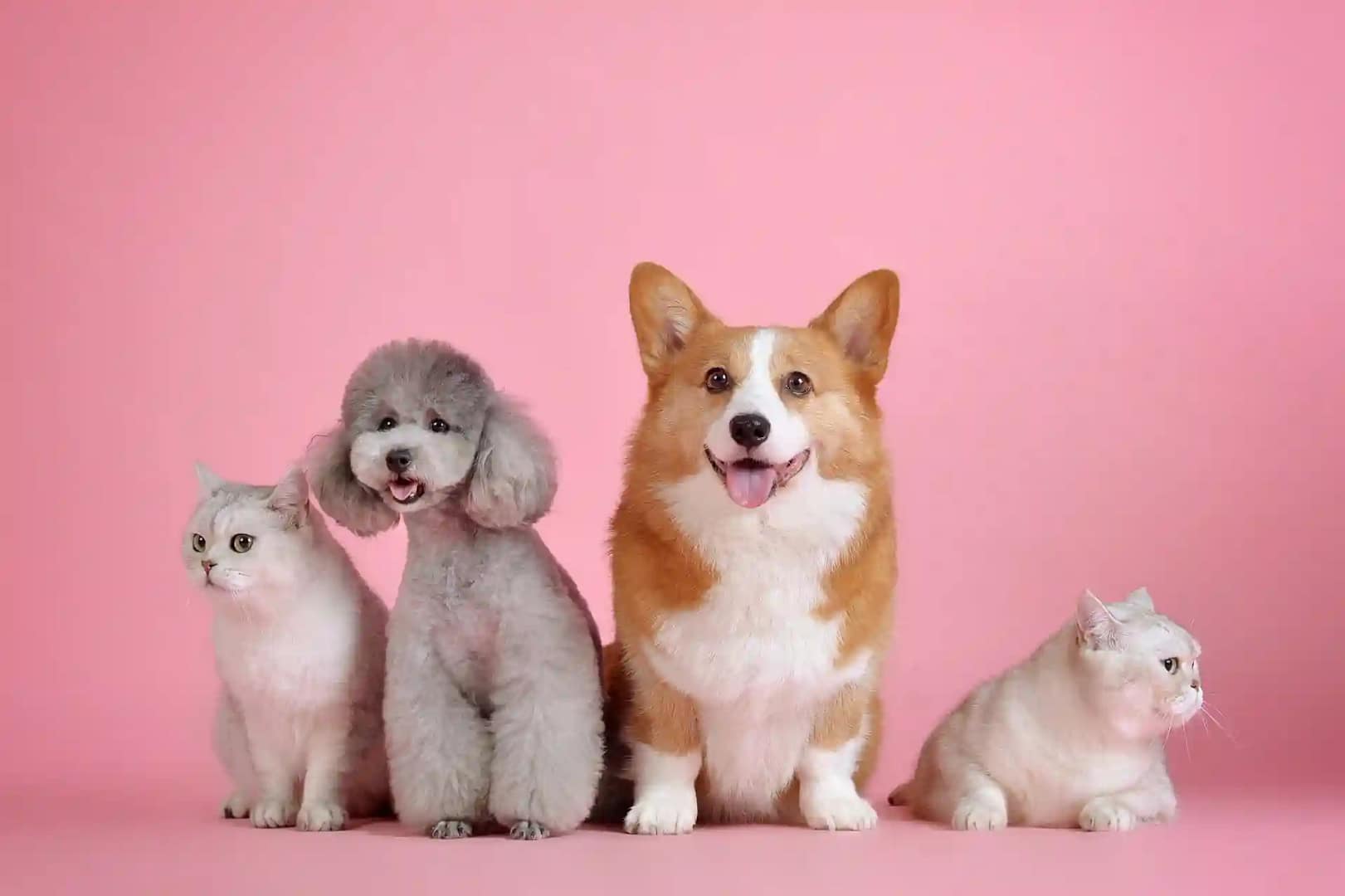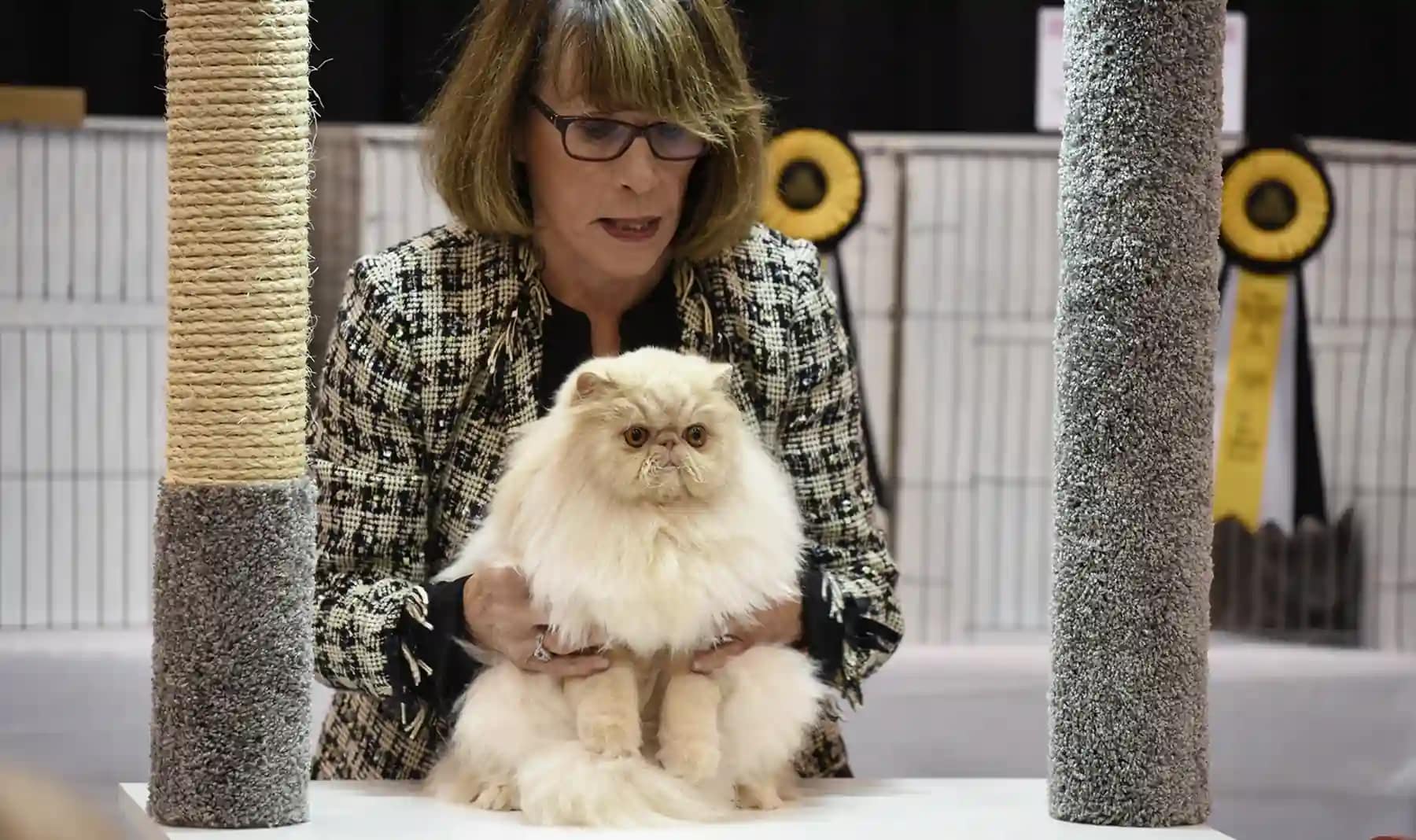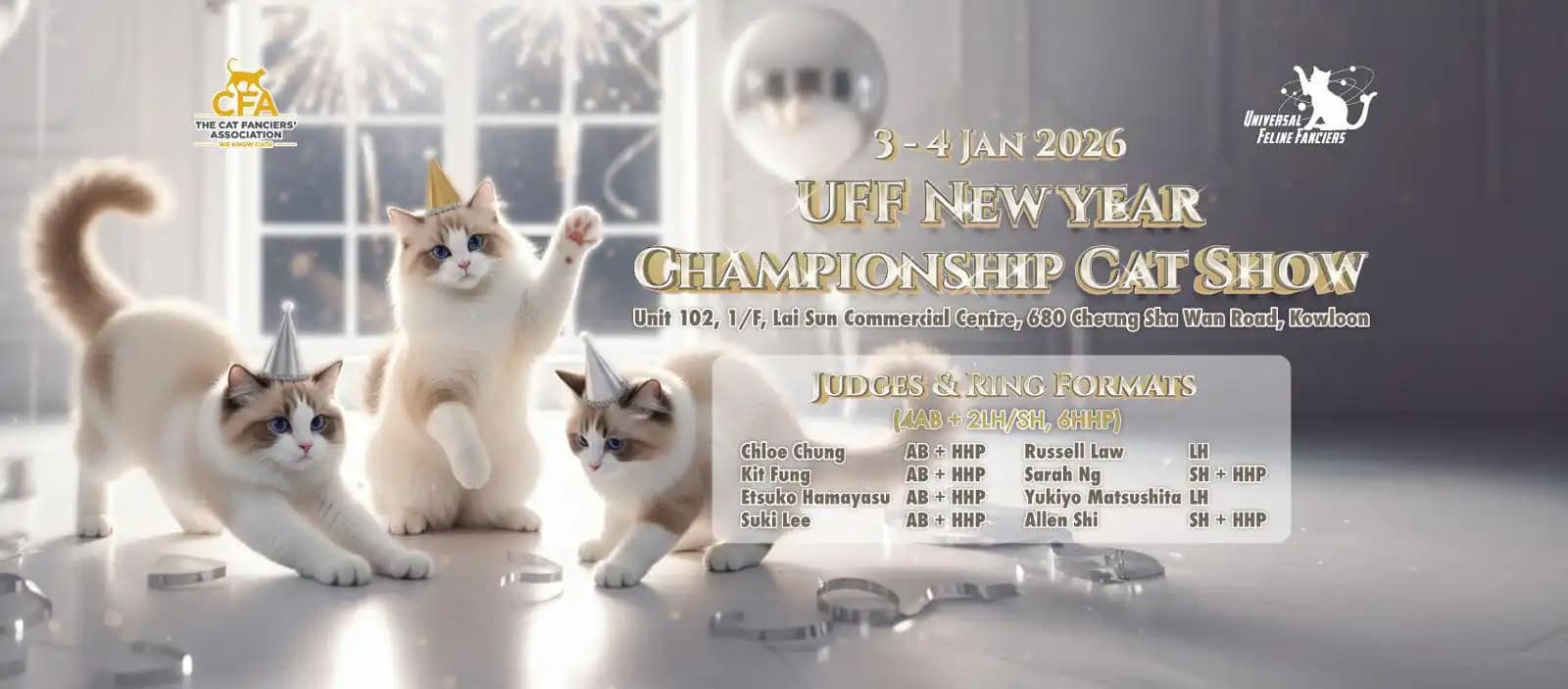As pet parents, few things hit harder than watching our furry family navigate loss—those quiet moments when we see their hearts ache in ways words can’t capture. One devoted cat mom’s raw share of her black beauty snuggling a stuffed version of her departed dog has us all reaching for the tissues, a poignant reminder of the deep bonds our animals form and the grief they quietly carry.
A Heartbreaking Discovery in the Morning Light
It started with a wave of missing her best canine buddy, gone a year now. As Lanky_Process_1835 wandered into her daughter’s room, there it was: her sleek black cat, curled tenderly around a plush toy replica of the dog they’d lost. “My sweet girl made me tear up this morning,” the Reddit post on r/blackcats began, quickly amassing over 18,000 upvotes and a flood of empathetic replies.
The caption pulled no punches: “My dog died last year. He was her best friend. She’d snuggle up with him every chance she got. Today I was feeling especially sad missing him… I guess she was missing him too. I just laid next to her and pet her and cried.” Side-by-side photos sealed the emotion—vintage snaps of the duo in real-life cuddles, tails entwined like old souls.
This isn’t just a one-off; it’s a window into how our cats weave themselves into our lives (and each other’s), leaving paw prints on our hearts long after they’re gone.
Do Cats Really Grieve Like We Do? Insights from Cat Health News
That tender scene? It’s more common than you might think, backed by solid saúde do gato news on feline emotions. A study in Ciência do Comportamento Animal Aplicado dove into how cats cope with losing a companion animal, surveying owners and spotting clear signs of sorrow.
Key findings that might surprise (and comfort) you:
- Behavioral shifts: Increased meowing, clinginess, or pulling back—think more lap time or sudden hideaways.
- Routine rifts: Changes in appetite, sleep, or even searching the house for their missing pal.
- Seeking solace: Many turn to us for extra pets, mirroring the comfort we crave in tough times.
The research underscores that cats build real social ties, not just tolerance, with other pets. And like us, they benefit from gentle support—think quiet companionship, favorite toys, or pheromone diffusers to ease the edge. If your kitty’s showing these signs, a vet chat can rule out health tweaks too.
Pet Parents Share Their Own Grief Stories: You’re Not Alone
The post didn’t just go viral; it sparked a chorus of “me too” from fellow animal lovers, turning personal pain into shared solace. Comments overflowed with tales of interspecies besties and the quiet ways grief shows up:
- “I am sorry for your loss and your post made me cry, too. My void is missing my husband who passed away last year. They really do grieve,” one shared, bridging pet and human heartache.
- “I had a similar situation with my old dog and my cat Fig. Besties right from the start,” another recalled, echoing the magic of unlikely duos.
Even the original poster chimed in with an update: “I keep considering another dog, but I’m worried she wouldn’t react the same since she was in my house since she was a kitten. And now that she’s been there for a couple years I wonder if it would be hard for her to adjust.” Wise words—introducing a new pup takes time, but with slow intros, it could spark joy anew.
These exchanges remind us: Grief in pet families is universal, but so is the healing power of community.
A Gentle Hug for Grieving Hearts: Moving Forward with Love
This black cat’s stuffed-animal vigil is a beautiful ache—a testament to the profound love our pets share, and the ways they help us mourn together. As cat parents, it’s okay to cry it out, hold them close, and honor those bonds with small rituals, like a photo frame or a walk in their favorite spot.
Takeaway? Lean into the support—yours for them, theirs for you. If a new furry friend feels right down the line, resources like gradual meet-and-greets can ease the transition. Your heart (and paws) will know when it’s time.
PERGUNTAS FREQUENTES
Do cats really grieve the loss of a dog companion?
Yes—studies show behavioral changes like clinginess or appetite shifts, signaling grief-like responses. Extra love and routine help them through it.
How can I support my cat after losing a pet sibling?
Offer more attention, keep routines steady, and consider vet advice for any health concerns. Toys or safe spaces can ease their adjustment.
Is it okay to get a new dog if my cat is grieving?
It can work, but wait until your cat stabilizes and introduce slowly with supervision. Every bond is unique—trust your instincts and seek expert tips.

